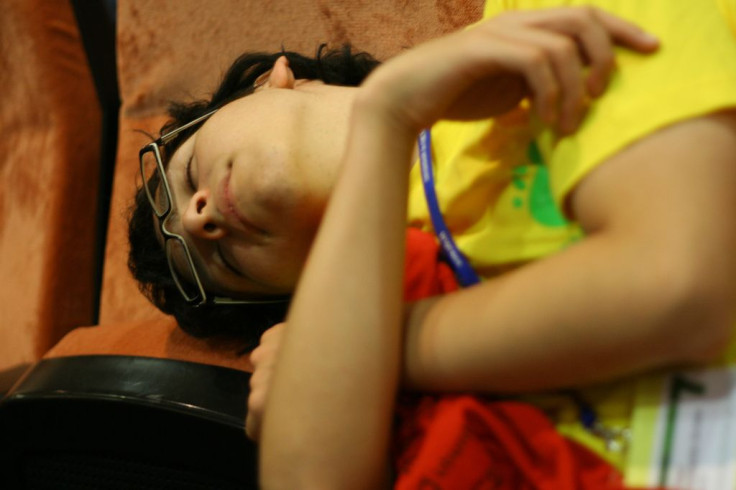Jet Lag: Why We Experience This Disorder After Flying

Jet lag isn't caused by the stress of air travel. It's the natural outcome of an unnatural event that disrupts our normal circadian rhythm, or our own internal clock that tells us when to stay awake and when to sleep.
This unnatural event is long-range air travel crossing several time zones. Technically, jet lag is caused by rapid long-distance trans-meridian (east to west or west to east) air travel. This means someone flying from New York to Paris (or from west to east) feels as if the time were five hours earlier than his local time. On the other hand, someone traveling from Madrid to New York (or from east to west) feels as if the time were five hours later than his local time.
The result of this disorientation is to screw our body's circadian rhythm. As a result, a long-distance air traveler will feel a number of unpleasant symptoms a day or two after landing at his destination. These include disturbed sleep such as insomnia, daytime fatigue, early waking or excessive sleepiness and difficulty in concentrating or functioning.
Symptoms will likely worsen or last longer the more time zones a person crosses, especially when traveling in an easterly direction. It normally takes about a day to recover for each time zone crossed.
Despite these painful experiences, it's wise to remember jet lag is a temporary sleep problem. As such it can be alleviated by solutions that get one to sleep soundly at night.
Only a very lucky few can avoid being struck by jet lag. But for the majority, prevention is always better than cure. Here a few proven steps to take some of the sting out of jet lag.
Avoid drinking alcohol and caffeine
Drink water instead. The best thing anyone can do to avoid or cure their jet lag is to hydrate. In this case, it means drinking water and avoiding coffee, tea and alcohol. These three liquids will dehydrate you and make your jet lag worse.
Try to drink a bottle of water as well to avoid getting too dehydrated.
Move around every 30 minutes
Planes that go on long transatlantic flights are large beats that have enough room for passengers to move about. Moving will get your blood flowing and send enough oxygen to your brain so you can ward-off fatigue and swelling.
Physical activity can also reduce your risk of serious health concerns that come with sitting for hours. These risks include dangerous blood clots known as deep vein thrombosis (DVT).
Don't eat fatty foods
These kinds of foods will increase gas and belly bloating. The result will be to increase the pain and discomfort you feel.
Take Vitamins B12 and C
These vitamins are the best supplements to take while flying. B12 helps boost your mood and gives you energy. It also increases the formation of red blood cells that transport oxygen throughout your body. An abundant source of vitamin B12 is meat.
Vitamin C, which is available in citrus fruits such as oranges, can help boost your immune system. It also helps fight sickness caused by viruses and bacteria. Drinking all natural juice is a good way to get your vitamins and hydrate as you fly.
Published by Medicaldaily.com



























